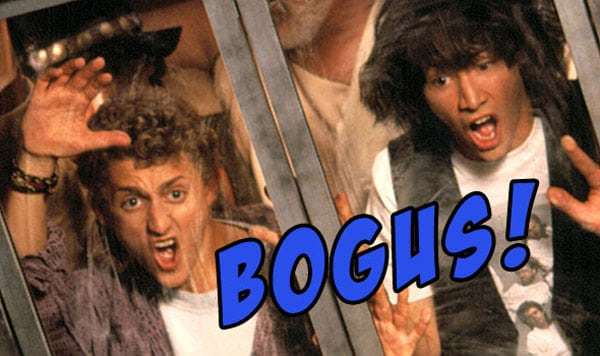Social media can sometimes feel like high school. Everyone can see how many “friends” you have and how many times those friends “like” or comment on your posts. There are awkward relationship statuses, ridiculous dramas, and oh so many typos. But despite some of its juvenile aspects, social media also plays a huge role in business these days. And some believe that all those “social signals” involved can greatly affect your website’s search ranking. But is it true? Are search engine rankings a big popularity contest? Or are social signals bogus?

What Are Social Signals?
Let’s start by defining social signals to check that we’re all on the same page.
Social signals include any likes, shares, votes, pins, or views that people use on social media websites like Facebook, Twitter, LinkedIn, and Pinterest. They’re important because they show that your brand is being talked about, that people adore it, and that they want to share it with their friends. Basically, they show that your brand is popular.
Are Social Signals a Part of Google’s Algorithm?
In the world of SEO, some people suspect that search engines view favorable social signals as recommendations for a website, so a brand’s vibrant social media activity can help it soar to the top of SERPs. These suspicions have a long history. Over the past few years, we’ve seen many SEOs comment on social signals. Are social signals bogus? They think not:
- In 2010, Danny Sullivan wrote about which social signals really counted on Facebook and Twitter. He concluded that Twitter, especially, played a big role in web search results at the time.
- In May 2012, Rob Ousbey declared that social signals will have an enormous impact on SEO in the years to come. He said that Google had been integrating social signals into its algorithms for a year or two already, but he expected more growth in the future.
- In June 2012, David Harry pondered the question but didn’t come up with a definite answer. He believed it made more sense to focus on users rather than actual sites, and encouraged readers to embrace social media for its business benefits, not because it might magically boost their search rankings.
- In November 2012, Jayson DeMers discussed how it is difficult to determine “the exact correlation of social signals and SEO rankings.” However, he concluded that they have both a direct and indirect effect and predicted that in the future, socials signals will be the most valuable linking factor (trumping links, the current most valuable factor).
Are Social Signals Bogus?
To answer this question once and for all, let’s check out what Matt Cutts (head of Google’s web spam team) had to say:
[arve url=”https://youtu.be/udqtSM-6QbQ” /]
So are social signals bogus? When it comes to SEO, the answer is yes.
However, it’s important to realize that just because Google doesn’t include social signals in its algorithm, that doesn’t mean that they are useless. Social media content and interactions (especially on popular sites like Facebook and Twitter) can be very helpful if you post great content. The content will drive traffic to your site, which you can then convert into customers.

So are social signals bogus? Probably so, but that doesn’t mean you should abandon Facebook and Twitter altogether.
There is a lot of misinformation floating around the SEO community, but if Matt Cutts says that social signals are not a part of Google’s algorithm, I think you would be wise to sit up and take notice. Yes, I know that some conspiracy theorists believe that SEOs should never listen to what Cutts has to say, but let’s be real here: most conspiracy theories are ridiculous. Instead, think of Occam’s razor. Sometimes, the simplest explanation is the correct one. And if Cutts has stated that social signals are not a part of the algorithm, well . . . they probably aren’t!


